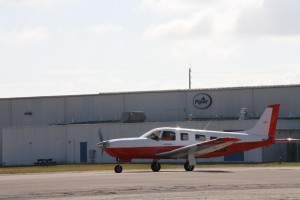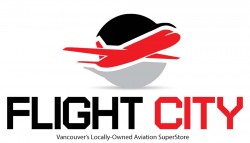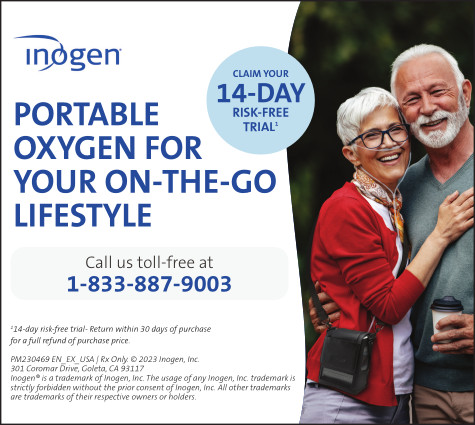Shell Aviation technologists have been carrying out an intensive internal laboratory

Shell Aviation’s new unleaded formulation recently successfully completed an initial test flight with Piper Aircraft Inc.
programme, including in-house altitude rig and engine testing, to develop unleaded aviation gasoline.
The two main types of aviation fuel are aviation turbine fuel (jet fuel) and aviation gasoline (Avgas).
Jet fuel is used by larger, gas-turbine-engine powered aircraft, while Avgas is used in smaller, piston-engine powered aircraft.
Both types of fuel are produced to very stringent specifications.
Avgas is one of the last common transportation fuels to contain lead and is used by light aircraft and helicopters. It includes lead in its formulation to meet fuel specifications and boost combustion performance (known as Motor Octane rating).
The development of a technically and commercially viable unleaded Avgas that meets these criteria has long been seen by the aviation industry as a significant challenge, due to the tight specifications and strict flight safety standards to which it must adhere.
Working alliances formed by Shell with aviation engine manufacturer Lycoming and light aircraft manufacturer Piper have resulted in the development of unleaded Avgas that meets all key Avgas properties—one that has a Motor Octane rating of more than 100, an industry standard.
Shell will now engage the aviation industry, regulators and authorities, including the US Federal Aviation Administration, American Society for Testing and Materials (ASTM) and European Aviation Safety Agency (EASA) to achieve approvals for the unleaded Avgas.
Shell expects to also work with other original equipment manufacturers to continue the testing and refinement program as the approvals process progresses.





